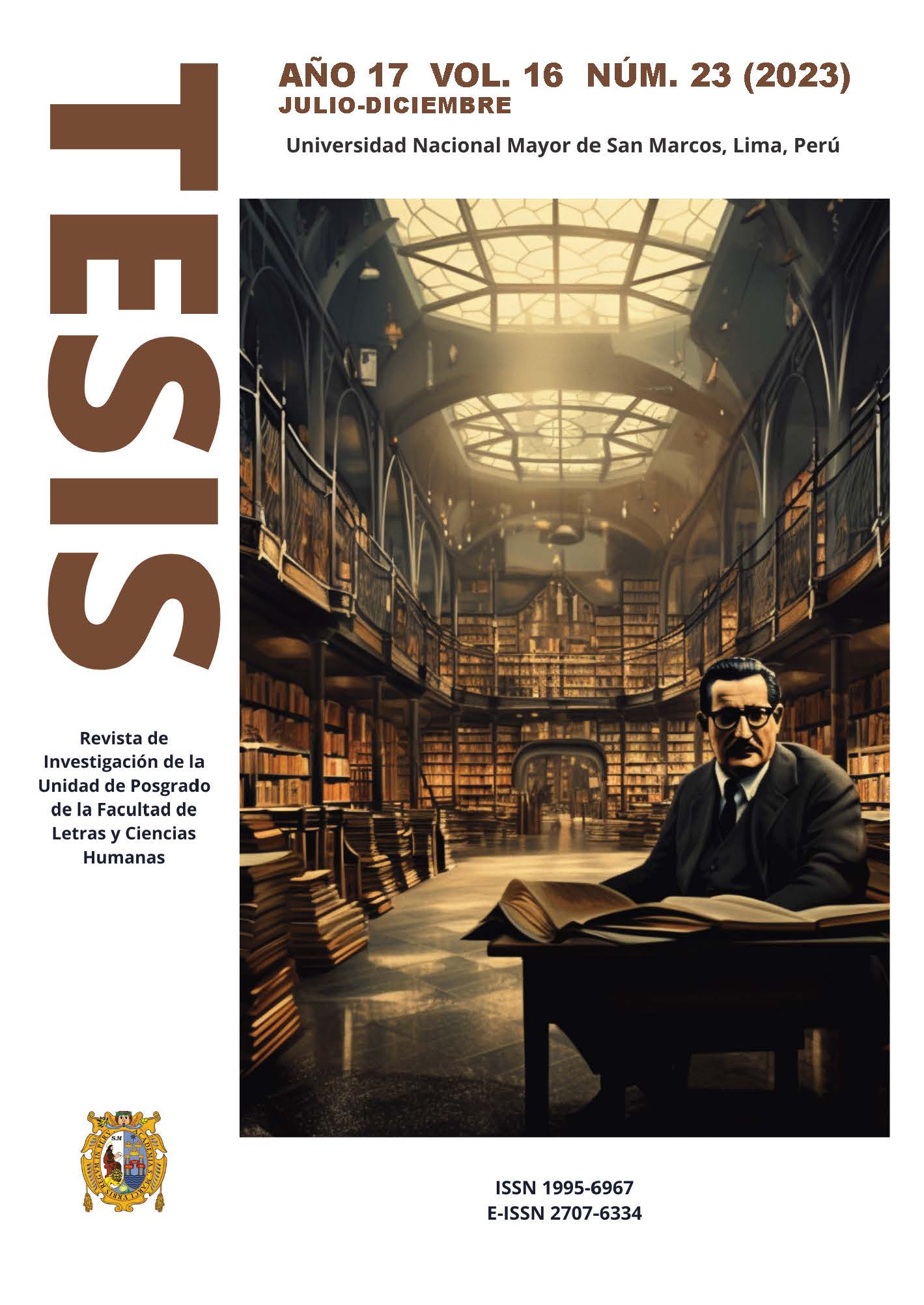The thought of J. M. Guyau and A. Fouillée in the peruvian philosophy of the 19th century: The doctoral thesis of Ezequiel Burga (1898) in UNMSM
DOI:
https://doi.org/10.15381/seveca41Keywords:
positivism, positive philosophy, 19th century, Ezequiel Burga, UNMSMAbstract
The aim of this article is to show that prevailing ideas about the evolutionary process of life towards thought. in the thesis of Ezequiel Burga to opt for the degree of Doctor of Philosophy in 1898, reflects the variety of interpretations of the idea of progress, ranging from a Christian position to those related to positive philosophy.
The combination of an eighteenth century that dismantles the traditions of ancient society, which borders on the divinization of reason, and before the vertiginous changes of science, technology and commerce of the nineteenth century are the background that allows the development of philosophical currents that in the late nineteenth century were part of the academic discussion, such is the case of thinkers such as Jean-Marie Guyau and Alfred Fouillée. On the other hand, E. Burga establishes a dialogue between these thinkers with Comte, Spencer and others, his hypothesis is that the positivist and idealist systems are two natural and necessary products of the human spirit. To support his position, he resorts to concepts of physics and biology, predicting different states of immortal consciousness without disappearing, a prelude to transhumanism and also of living cells combined with material elements, clearly a cyborg, in what would finally be a contemporary-scientific and evolutionary philosophical thought.
The conclusion is that the theses of philosophy in the UNMSM of the nineteenth century welcomed the ideas of positive philosophy in vogue, focusing on the particular case of Guyau and Fouillée. It will highlight the authors and the categories they are using to place us in the context of their argumentation.
References
Burga, E. (1898). El pensamiento filosófico contemporáneo. [Tesis de doctorado, Universidad Nacional Mayor de San Marcos]. Archivo Biblioteca Pedro Zulen.
Darwin, C. (1897). The expression of the emotions in man and animals. D. Appleton and Company. http://darwin-online.org.uk/converted/pdf/1897_Expression_F1152.pdf
Darwin, C. (1988). El origen de las especies. Espasa Libros.
Fouillée, A. (1893). La psychologie des idées-forces. (F. Alcan, ed.). http://bit.ly/3RMYmTZ
Fouillée, A. (1897). La liberté et le déterminisme. (5.ª ed.). (F. Alcan, ed.). https://archive.org/details/lalibertetl00foui
Guyau, J.-M. (2016). Esbozos una moral sin obligación ni sanción. Descontrol. Lamarck, J. (1986). Filosofía zoológica. Alta Fulla.
Meneghello, L. (2014). The interaction between sciences and humanities in Nineteenth-Century scientific materialism: A case study on Jacob Moleschott’s popularizing work and political activity. En R. Bod, J. Maat y T. Weststeijn (eds.), The making of the humanities. Volume III: The modern humanities (pp. 53- 64). Amsterdam University Press. http://www.jstor.org/stable/j.ctt12877vs.6
Moleschott, J. (1875). Der Kreislauf des Lebens. (G. Roth, ed.). https://archive.org/details/derkreislaufdesl01moleuoft
Newton, I. (2022). Principios matemáticos de la filosofía natural. Alianza Editorial. Schopenhauer, A. (2009). El mundo como voluntad y representación. Editorial Trotta.
Weismann, A. (1892). Das Keimplasma eine theorie der vererbung. Verlag von Gustav Fischer. https://archive.org/details/bub_gb_f5U-AAAAYAAJ
Wundt, W. (1904). Principles of physiological psychology. Swan Sonnenschein & Co., Lim.
Downloads
Published
Issue
Section
License
Copyright (c) 2024 Julio César Castro Dueñas

This work is licensed under a Creative Commons Attribution 4.0 International License.
THE AUTHORS RETAIN THEIR RIGHTS:
(a) The authors retain their trademark and patent rights, and also on any process or procedure described in the article.
(b) The authors retain the right to share, copy, distribute, execute and publicly communicate the article published in Tesis (Lima) (in example, depositing the article in an institutional repository or publish it in a book), with recognition of its initial publication in the Tesis (Lima).
(c) The authors retain the right to make a later publication of their work, to use the article or any part of it (for example: a compilation of their works, notes for conferences, thesis, or for a book), provided that they indicate the source of publication (authors of the work, magazine, volume, number and date).






